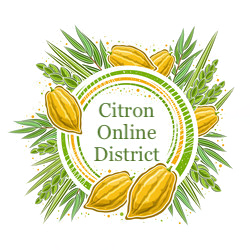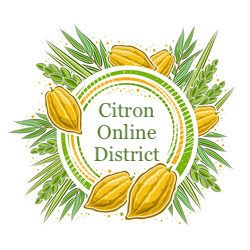Informative Speaking Competition
In Informative Speaking, students author and deliver a ten-minute speech on a topic of their choosing. Competitors create the speech to educate the audience on a particular topic. All topics must be informative in nature; the goal is to educate, not to advocate. Visual aids are permitted, but not required.
Students typically work with one piece the entire year and perfect it.
Citron will be qualifying one competitor in Informative Speaking for 2023-2024 NSDA Nationals.
Key Links and References
What to Expect in Informative Speaking (PDF)
Informative Speaking Creating a Solid Foundation (PDF)
Time:
The maximum time limit is 10 minutes with a 30-second “grace period,” although most Informative Speaking presenatations range from 8 to 10 minutes.
Judging Criteria:
The ranking is up to each individual judge’s discretion.
Structure - While Informatives are all different, the structure should provide a framework for the audience to understand the topic. Each main point should explore a specific aspect of the topic the student is presenting. Research is a very important component in Informative. All claims should be backed up with evidence that verifies the information the speaker is conveying. If a student has presented two or three components of the topic in an educational and logically sound manner, it is likely they have displayed an adept command of structure.
There are three key areas to consider when evaluating an Informative.
Relevance:
Is the topic timely?
Has the student done an adequate job of explaining why this topic should be discussed at this point in time?
Does the thesis of the Informative speech enables you to understand why this topic should be examined now? If yes, then they have accomplished a significant goal.
Relatability:
Does the speaker connect the audience to the topic?
Does the use inclusive rhetoric, giving the audience the sensation that they are affected by the topic?
Does the speaker provide logical evidence supporting this topic?
Has the judges been personally educated and has the speaker educated the audience as a whole?
Originality:
Although no topic is truly original, has the speaker inventively addressed the topic?
Is the rhetoric is unique?
Has the speaker approached the topic in a new and exciting way?
Visual Aids (Students may use visual aids within their Informative speech)
If used, the student is expected to be able to share the visual aids effectively on Zoom.
Visual Aids for Citron tournaments should be a Powerpoint or Google Slide Presentation.
Have the visual aids contributed to the audience’s understanding, emphasized information, and provided a creative outlet that augments the content of the Informative speech?

